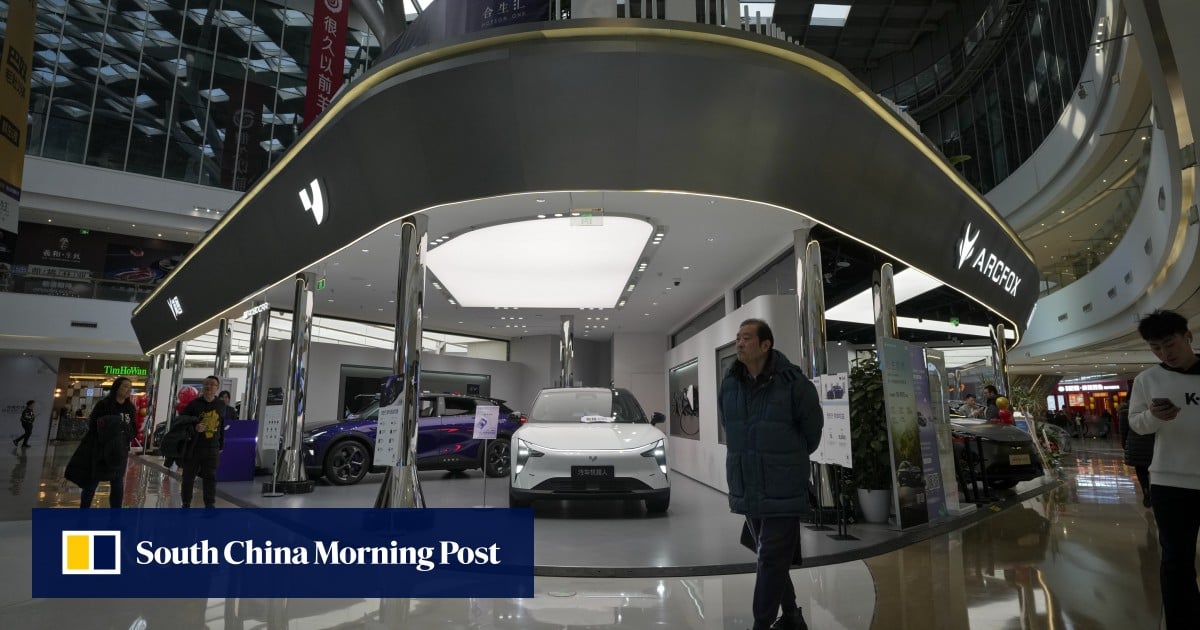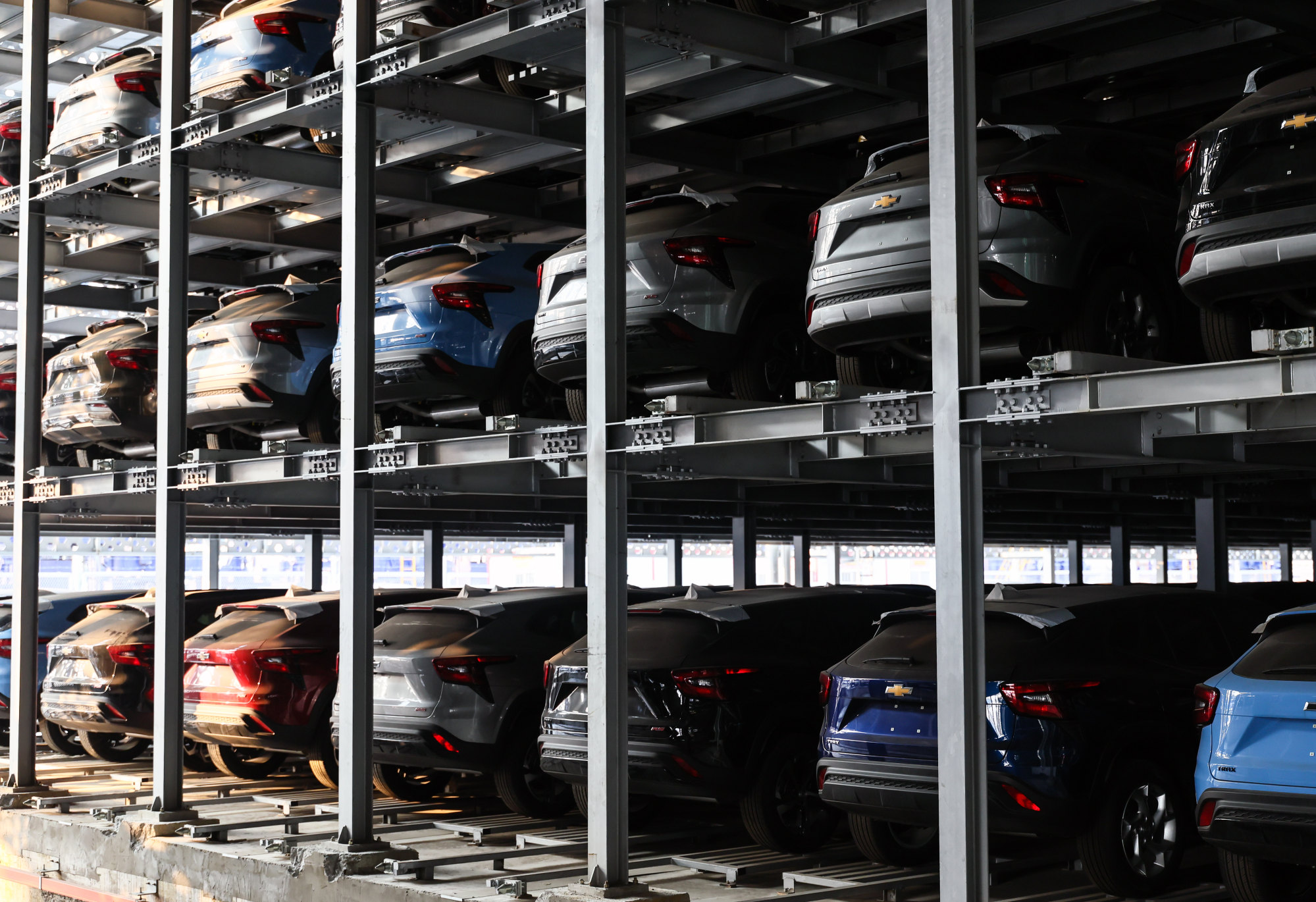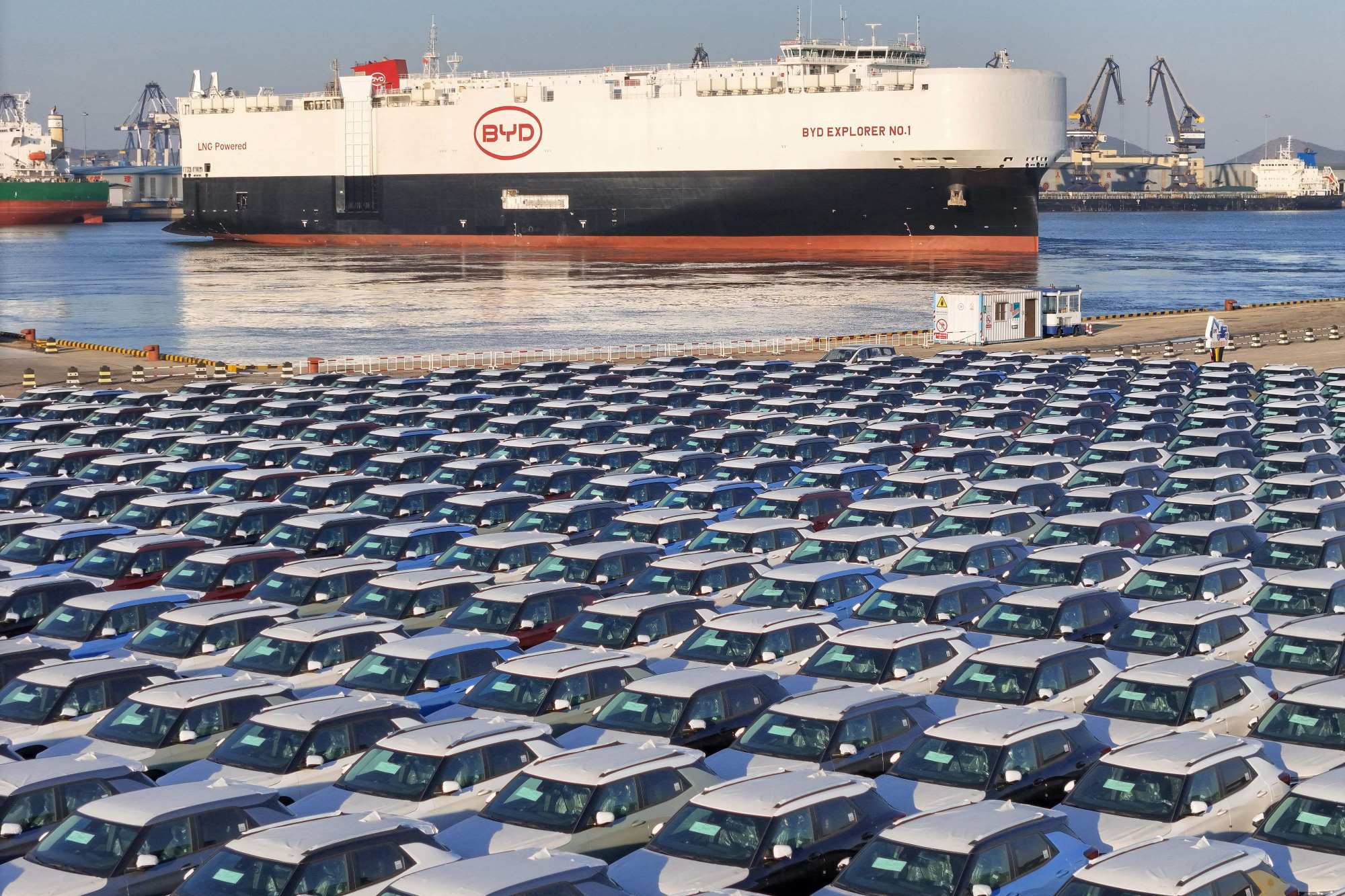
11 Jan China’s car industry on a roll as production and sales hit all-time high in 2023
A total of 30.16 million units comprising cars, buses and lorries were churned out last year, an increase of 11.6 per cent from the previous year and in the process overtaking the previous all-time high of 29 million in 2017, according to data compiled by the China Association of Automobile Manufacturers (CAAM).
Deliveries hit 30.09 million units, 12 per cent higher year-on-year. It was 1.22 million units more than the previous high of 28.87 million, also set in 2017.
“Price discounts have impacted the market and the recovery of auto consumption is ongoing,” Chen Shihua, CAAM’s vice-secretary general, said at a briefing on Thursday, according to Bloomberg. “Towards the end of the year, the auto market performed better than expected and production and wholesale volumes broke records.”

China’s vehicle exports, which included buses and lorries, jumped 58 per cent year on year to 4.91 million units in 2023, which should be enough for the country to clinch the title of the world’s largest vehicle exporter for the first time.
In the first 11 months of 2023, Japan, the world’s top exporter in 2022, sold 3.99 million units abroad, according to data from the Japan Automobile Industry Association.
Russia was the top destination for Chinese vehicles, with sales of 841,000 units in the first 11 months of 2023, a year-on-year jump of 545 per cent.
“At a time when the country’s real estate industry is mired in a crisis with a wave of defaults involving key developers, a healthy automobile sector is playing a key role in driving the country’s economic growth,” said Ivan Li, a fund manager at Loyal Wealth Management in Shanghai.
“Electrification will remain the name of the game in the country’s vehicle market in the coming decade since more drivers are opting for battery-powered cars.”
At present, the mainland accounts for about 60 per cent of the global EV sales.

It is BYD’s first chartered vessel that has been put in operation.
BYD delivered 3.02 million cars to Chinese customers in 2023, a jump of 61.9 per cent year on year.
The company, along with its domestic rivals, faces hurdles in tapping the European market after the European Commission started an investigation into Chinese-made EVs in September, which are suspected of benefiting from state subsidies at the expense of local competitors.
The commission said it would take up to 13 months to assess whether to impose additional tariffs on Chinese-made cars. Mainland carmakers, which accounted for 8 per cent of the market as of the third quarter of last year, are subject to tariffs of 10 per cent.
